The Federal Government has unveiled details of its strategic plans to generate at least $100bn and create over two million jobs from Nigeria’s creative economy yearly.
The Minister of Art, Culture, and the Creative Economy, Hannatu Musawa, unveiled the government’s plan on Wednesday at a roundtable for local and international investors where she presented her ministry’s eight-point plan and roadmap in Ikoyi, Lagos.
Musawa lamented that despite its huge potential, Nigeria’s creative industry currently contributes just $5bn to the economy, with its different sub-sectors at various stages of development.
She said statistics from the National Bureau of Statistics indicated that Nigeria’s creative economy has a very low contribution to overall GDP in comparison with benchmark countries, with the industry contributing just 1.2 percent to Nigeria’s GDP in 2022, the least when compared to other African countries like Morocco (2.7 percent), South Africa (3.0 percent), and Egypt (4.3 percent).
Also, she noted that Nigeria ranked low (1.0 percent) in its ability to earn government revenue from the sector, compared to South Africa’s 12.5 percent.
To achieve its ambition, Musawa said, “The ministry has identified 14 pivotal initiatives that will drive the sector’s growth and significantly boost government revenue $10bn – $20bn.”
She grouped these initiatives under four unique pillars, which include technology, infrastructure and funding, international culture promotion, and intellectual property monetization.
The minister outlined plans to provide Nigerian creatives with improved and discounted digital tools, launch the Nigeria Content Distribution Initiative, conduct a study to size the creative industry, and expand internet access in underserved regions to support these initiatives.
For infrastructure and funding, she said this entails cataloging existing infrastructure for the Arts, Culture, and Creative Economy and its current state, developing the appropriate infrastructure needed for the industry and leveraging public-private partnerships to fund development, providing incentives to stakeholders in the creative economy to boost investment and adoption of strategic initiatives, and launching a creative accelerator program to provide capital, and capacity building to creative companies.
Under international culture promotion, Musawa said, “The ministry will establish a culture promotion office collaborating with Nigerian embassies abroad, to promote Nigerian arts, culture, and creative economy, and leverage AFCTA to boost Nigerian creative output export regionally and globally.”
For intellectual property monetization, Musawa said the ministry would seek to establish globally standardized collection management organizations for most of the sectors and launch a copyright oversight initiative in partnership with the Nigeria Communications Commission to enhance tracking, monitoring, and enforcement of copyright standards.
According to Musawa, it will also develop and implement the intellectual property framework and operationalize Nigeria’s IP licensing framework.
Musawa said, “Nigeria’s creative economy has the potential to grow by 400 percent by 2027, positioning the sector to leapfrog in the long term and deliver the vision for the sector.”
She further revealed that the Ministry has already created several initiatives and entered collaborations towards the realization of its set goals.


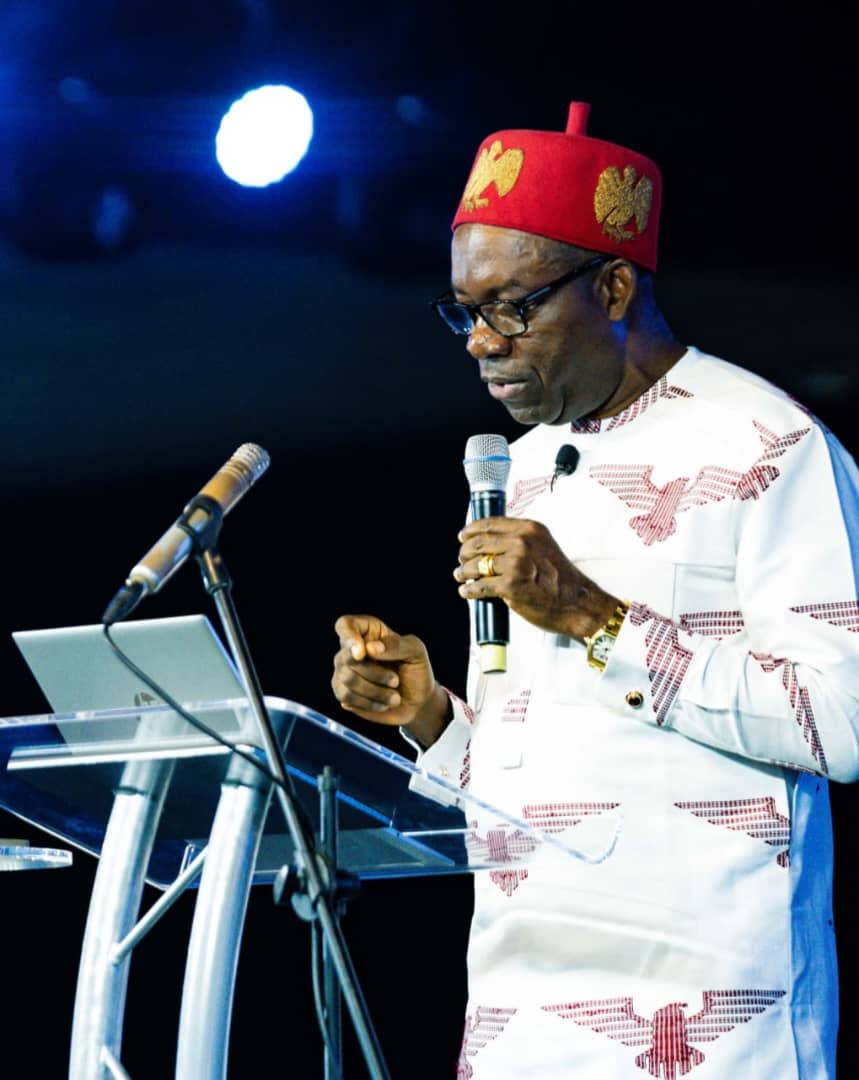
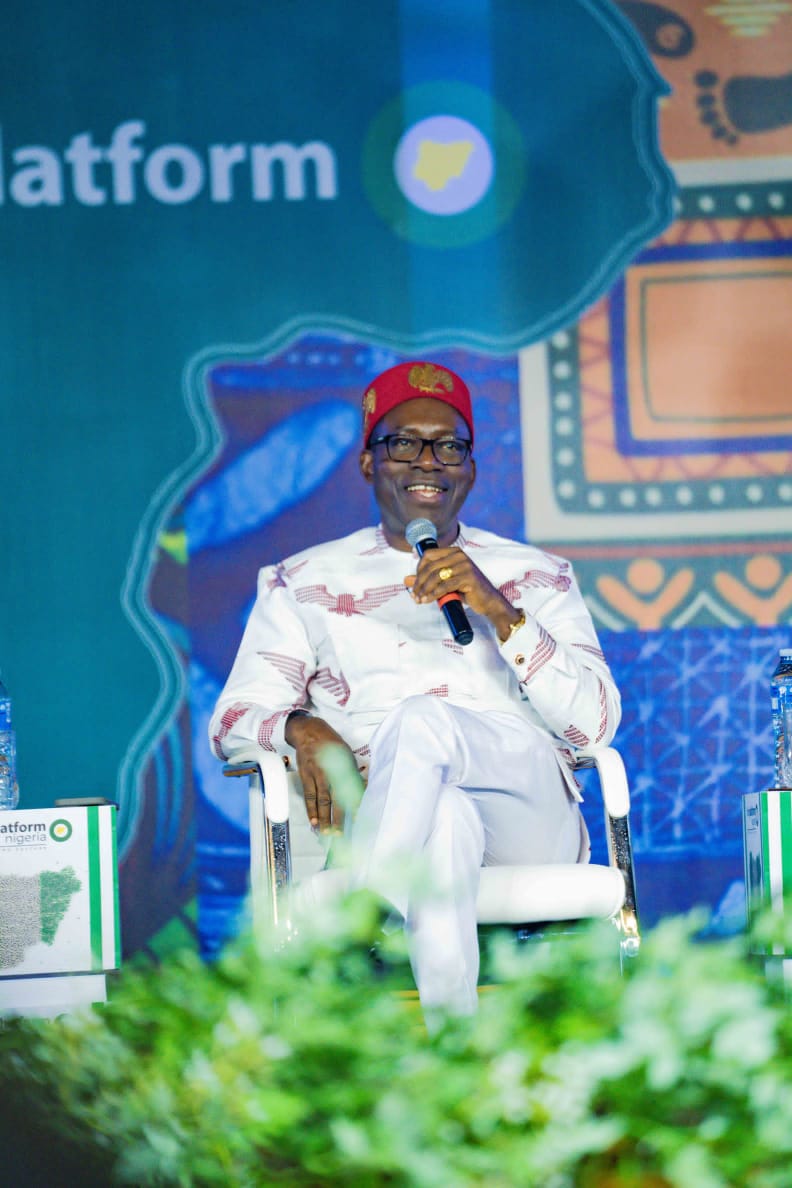




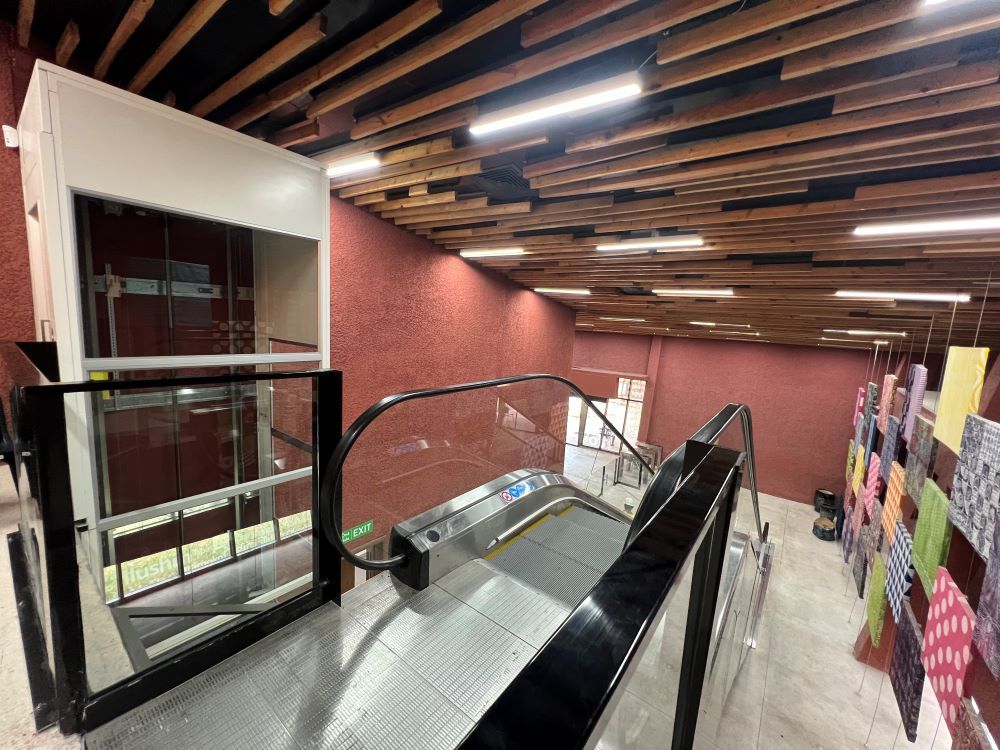
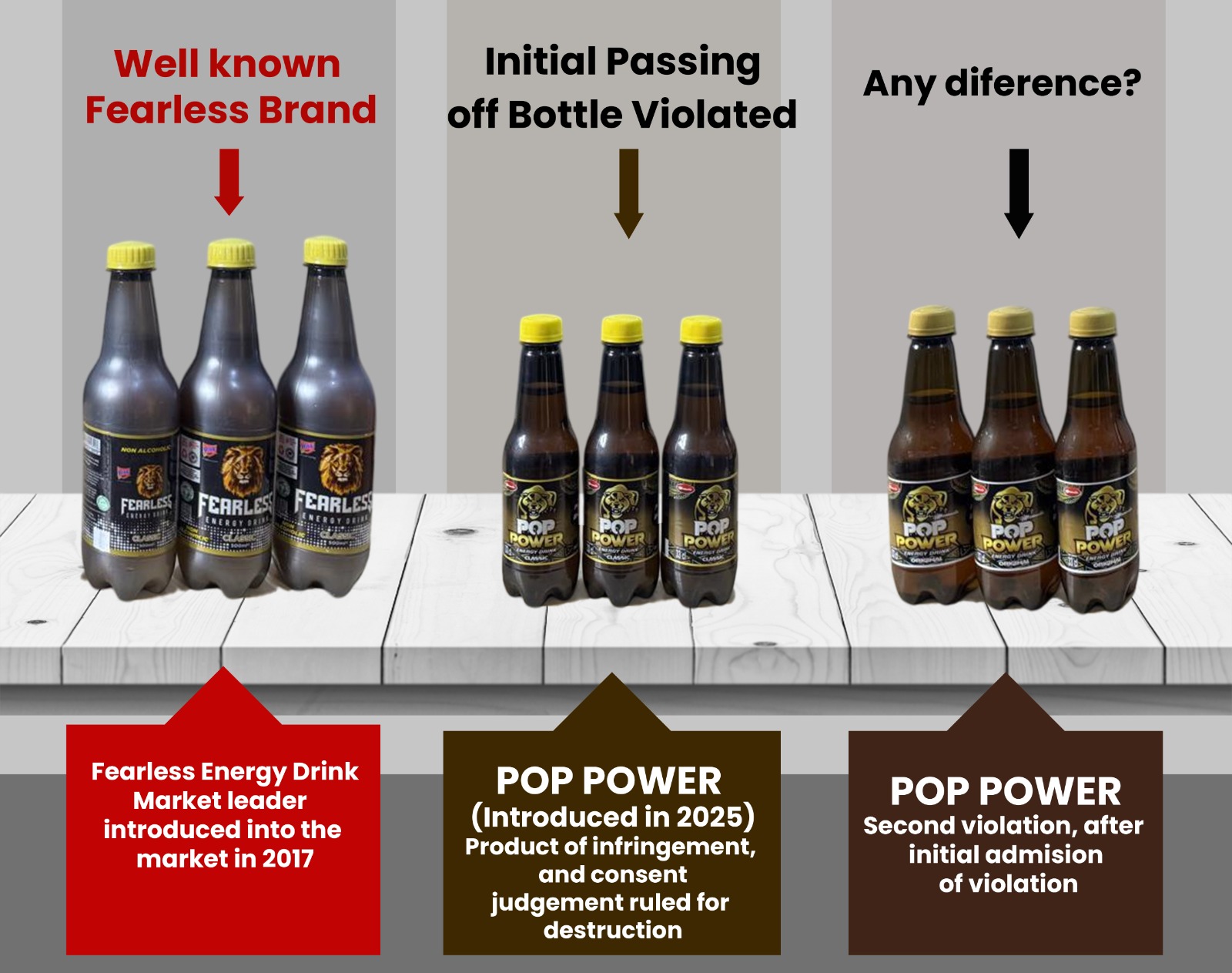





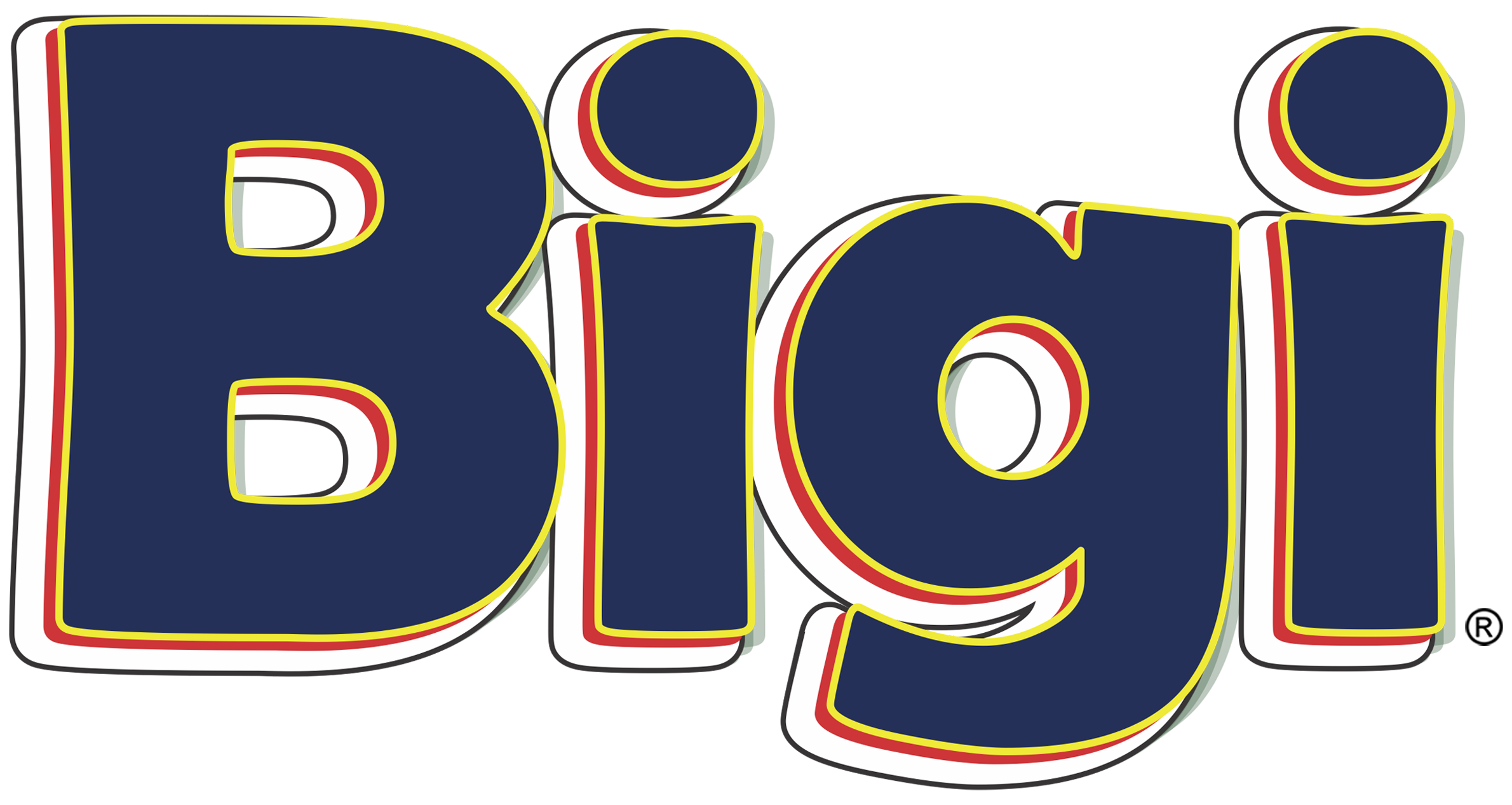

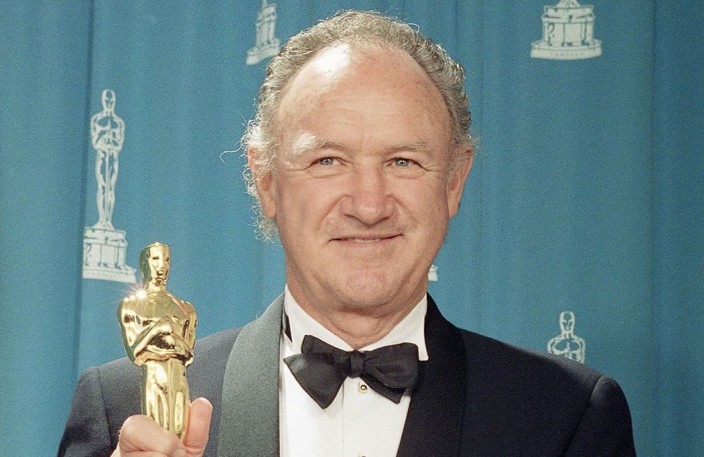





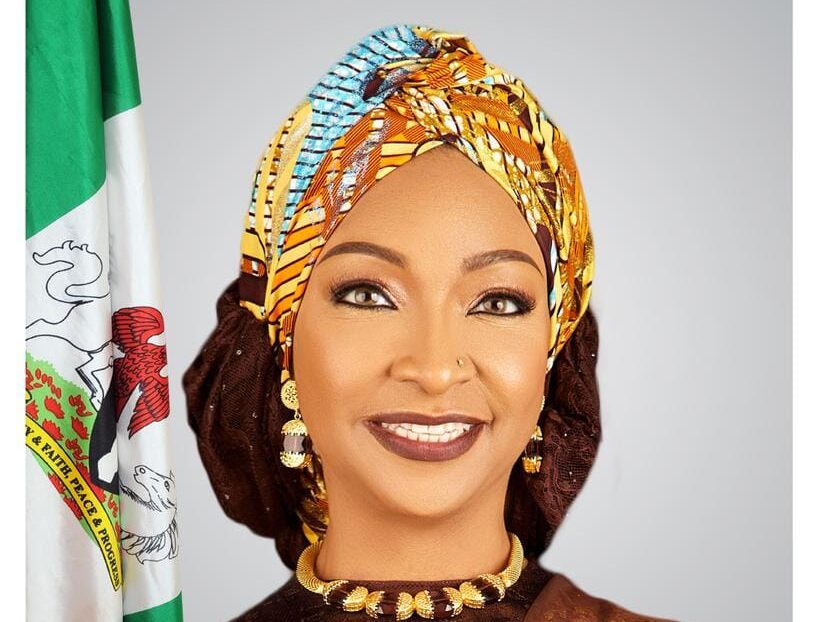
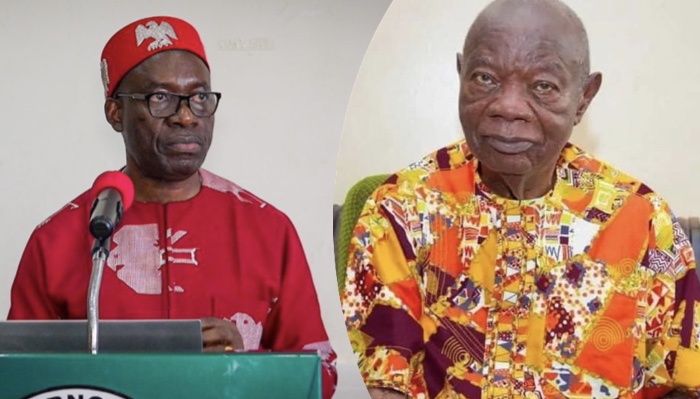



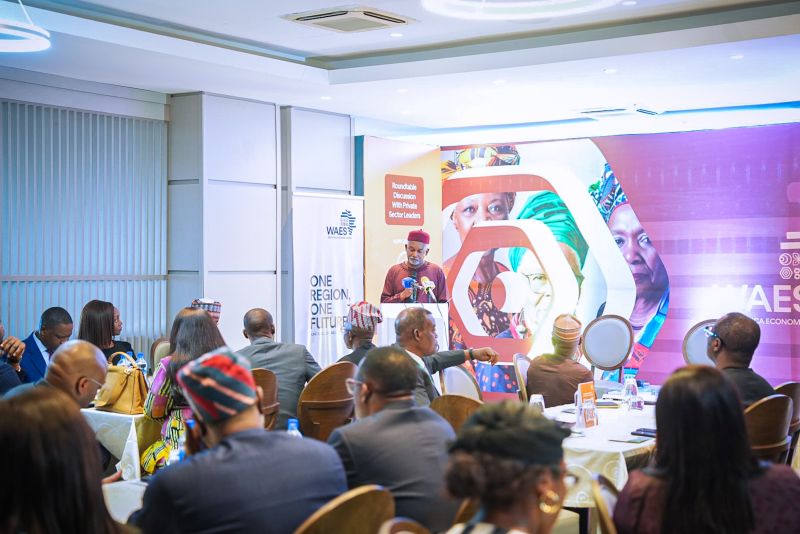
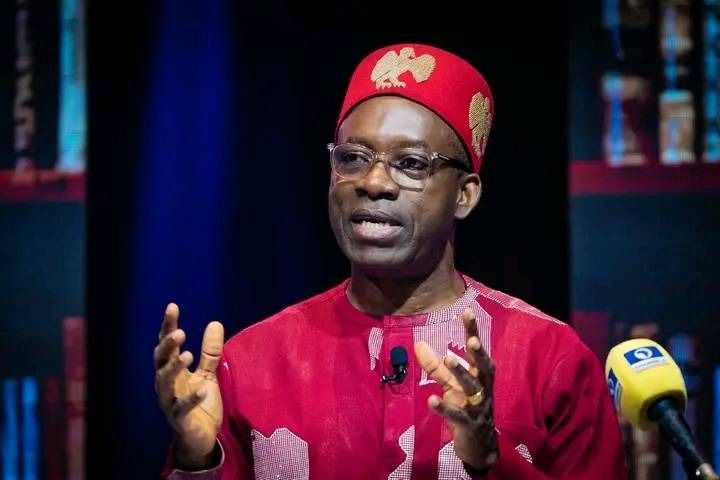
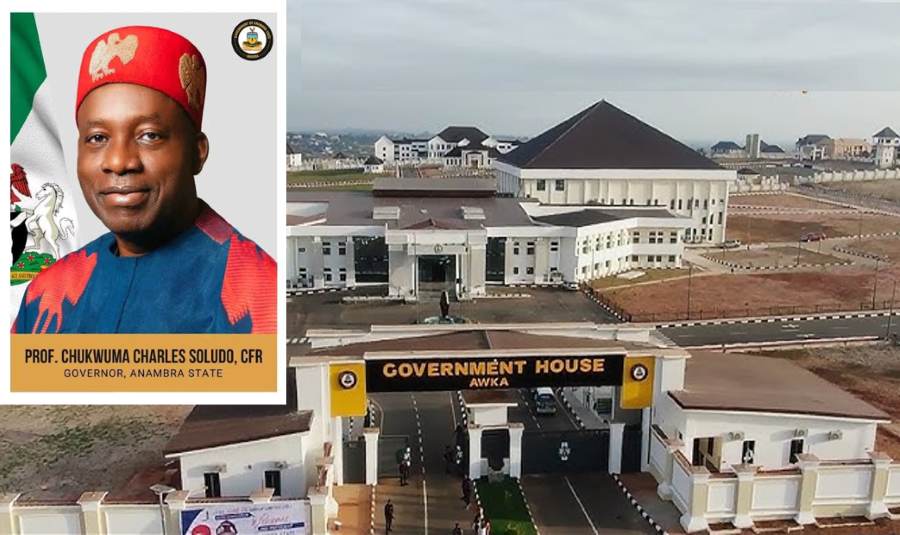
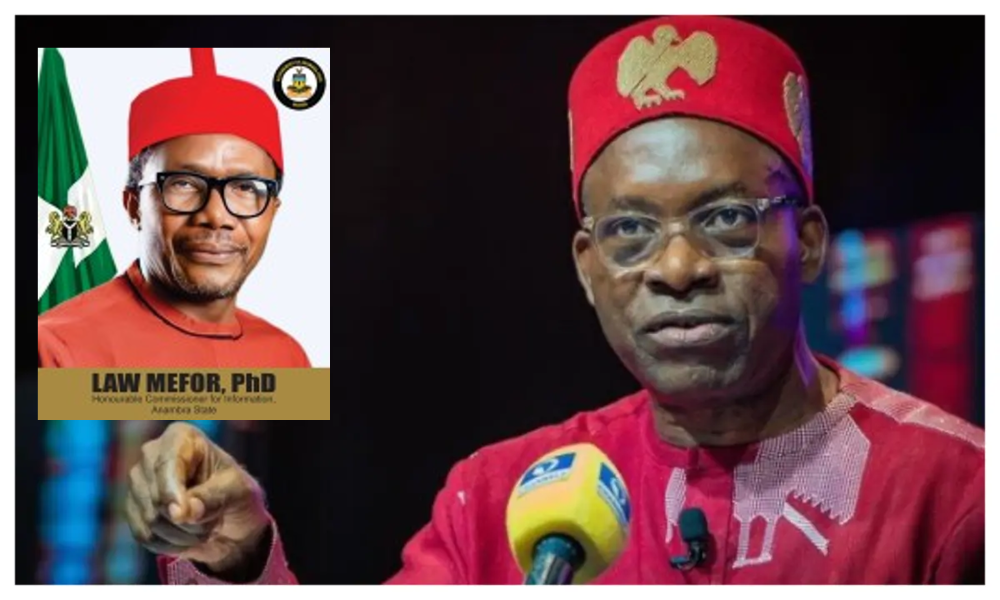
Leave a Reply